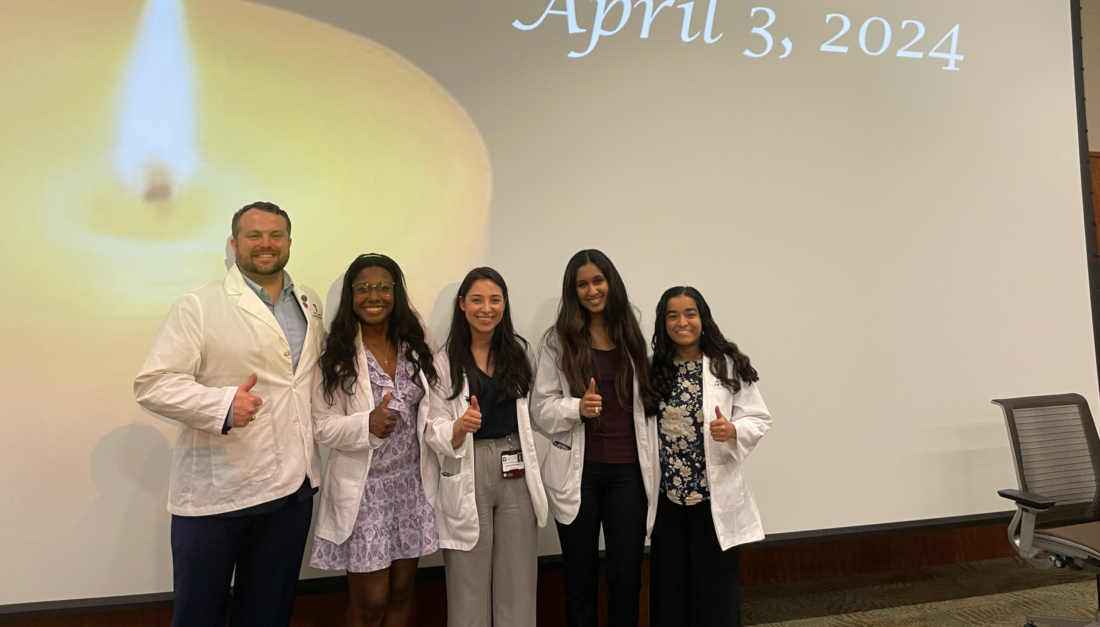SRPH to evaluate statewide falls prevention program for elderly residents
(COLLEGE STATION, TX) — The Texas Association of Area Agencies on Aging recently received funding to implement “A Matter of Balance,” a fall prevention program for elderly residents, in 147 counties throughout Texas.
For this new program, the Center for Community Health Development (CCHD) at the Texas A&M Health Science Center School of Rural Public Health Center has been chosen by the Texas Department of Aging and Disability Services (DADS) as statewide program evaluator and research partner.
Late last year, DADS received a grant from the U.S. Administration on Aging to implement evidence-based health promotion programs, including a falls prevention program in the Brazos Valley. The additional new funding will enable 17 Area Agencies on Aging across the state to implement this prevention program.
Marcia Ory, Ph.D., M.P.H., professor in the HSC-SRPH, will lead the statewide program evaluation activities.
“Falls are a real concern to older persons and their caregivers, so it’s really good to see the formation of a Texas Falls Prevention Coalition and the availability of falls prevention programs that will reach over a thousand Texas seniors, including those living in the Brazos Valley,” Dr. Ory said. “The School of Rural Public Health is honored to be part of this collaborative effort.”
The program application to DADS makes a compelling case, stating, “The Texas Health and Human Services Commission estimates that 1,086,600 persons age 60 and over will fall in Texas in 2007. Of these, 25 percent will suffer moderate to severe injuries, approximately 271,650 people. At a cost of $19,440 per person, this put the cost of falls in Texas at almost $5.3 billion per year.”
Locally, the Brazos Valley Area Agency on Aging (BVAAA) plans to help more than 300 seniors. The Retired Senior Volunteer Program, already operating at the BVAAA, is helping to recruit volunteers to serve as teachers of the chronic disease self-management program that will be delivered locally.
The HSC-SRPH CCHD works with community partners to help train these volunteer teachers and disseminate the programs widely throughout the local region. Partnering with BVAAA, the CCHD expects to add 48 trainers to the seven-county area, helping make the program sustainable over time.
Fifteen senior service centers and other community organizations throughout the Brazos Valley serve as venues for the classes. Rural areas typically have less access to current educational programs, health care services and transportation, particularly among older residents. By taking the programs out into the community through various services already in place, the project will target those most in need.
“We want classes in the rural, isolated areas so people don’t have to travel so far to get to them,” said Ronnie Gipson, BVAAA director. “We want them available and easily accessible to as many seniors as possible.”
The HSC-SRPH CCHD evaluation component will assess the number of program participants, its effectiveness, factors associated with program adoption, treatment integrity, long-term adoption of falls-prevention skills and ability to sustain the program after the grant period.
The Texas A&M Health Science Center provides the state with health education, outreach and research. Its six components located in communities throughout Texas are Baylor College of Dentistry, the College of Medicine, the Graduate School of Biomedical Sciences, the Institute of Biosciences and Technology, the Irma Lerma Rangel College of Pharmacy, and the School of Rural Public Health.
Media contact: media@tamu.edu


